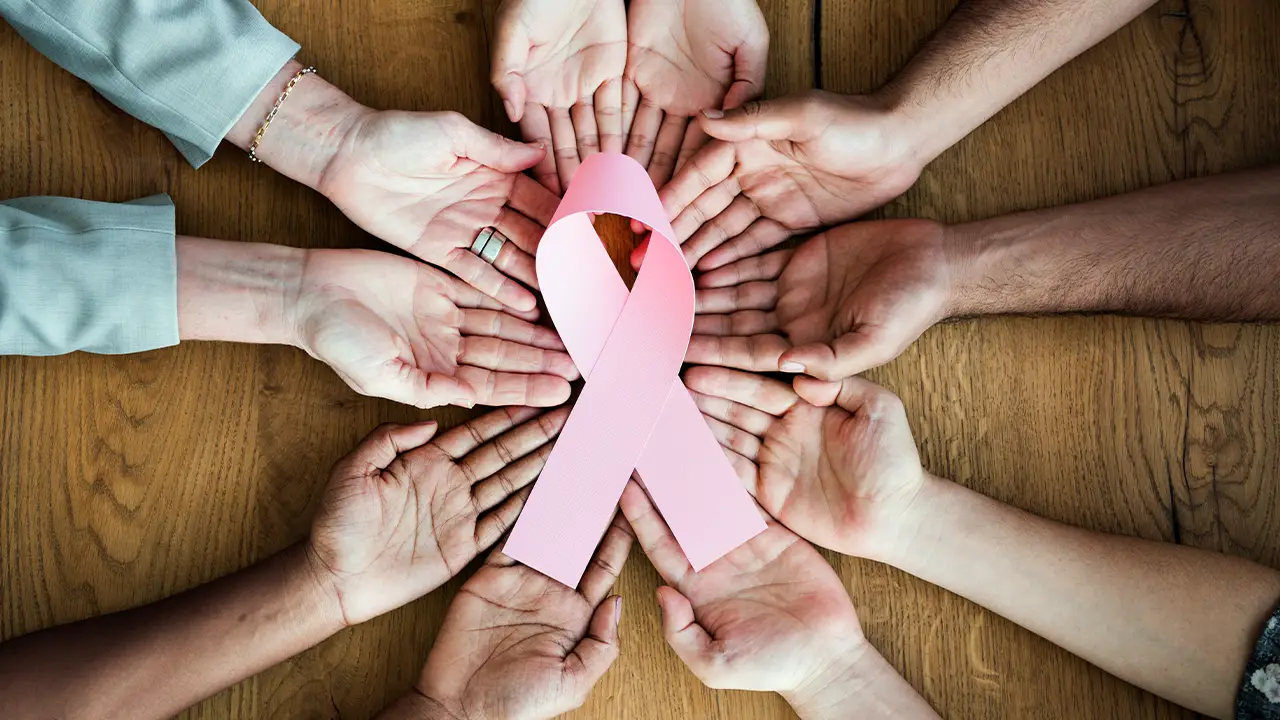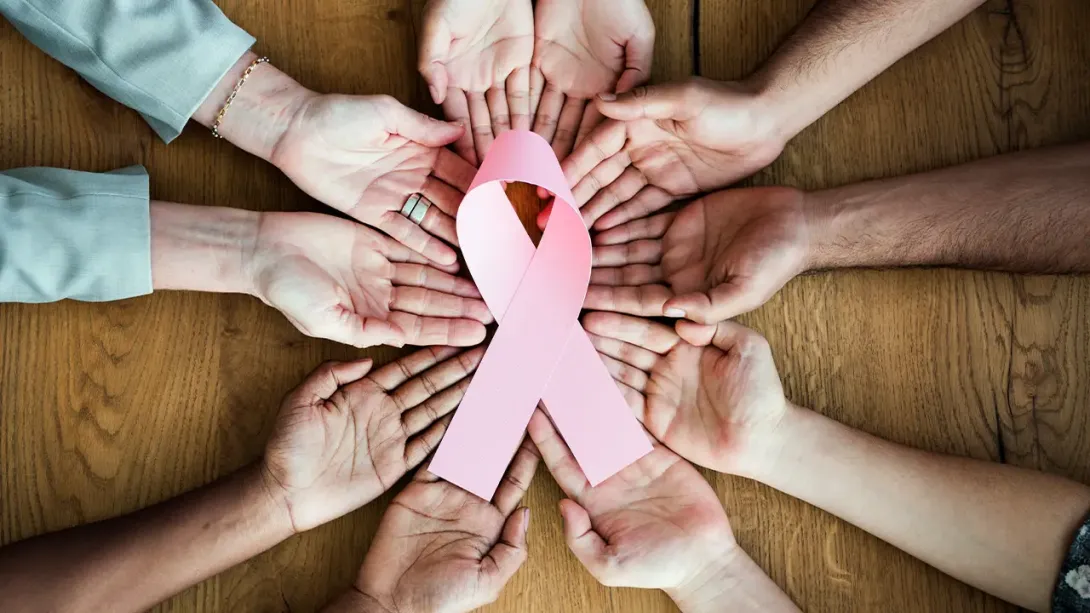March 30, 2023
Can Men Get Breast Cancer? The Truth About this Rare Condition
Despite being a rare condition, breast cancer in men is a real threat. Read on to understand the risk factors, signs, and treatments.


Although breast cancer is rare in men, it can still happen. Understanding the symptoms and risk factors is important. About 1 out of every 100 breast cancers diagnosed in the United States is found in a man. Awareness of the signs, risk factors, and treatments for breast cancer in men is essential for patients. This article will delve into male breast cancer and highlight how remote patient monitoring (RPM) can aid in monitoring breast health and providing timely interventions.
Can Men Get Breast Cancer?
Breast cancer is a disease that occurs when breast cells grow uncontrollably, forming a lump or mass. Although this disease is more common in women, men can also develop this disease. In fact, men have breast tissue and ducts, just like women, which means they can get breast cancer too. Here are types of breast cancer that can be diagnosed in men:- Ductal Carcinoma: This is a type of cancer in men that begins in the milk ducts of the body.
- Lobular Carcinoma: A rare type of cancer in men that originates in the milk-producing glands due to the small number of lobules in their breast tissue.
- Other Types: Paget's disease of the nipple and inflammatory breast cancer are less common types of breast cancer that can also occur in men.
Why Can Men Get Breast Cancer?
As previously mentioned, breast cancer is a disease that can also affect men, and understanding the risk factors and symptoms is important for early detection and treatment. Some of the risk factors why men get breast cancer are as follows:- Age: As men age, their risk of developing breast cancer increases.
- Family history: Men with a family history of breast cancer are at a higher risk of developing the disease.
- Klinefelter syndrome: Men with this condition have an extra X chromosome, which can increase their risk of breast cancer.
- Radiation exposure: Men who have received radiation therapy to the chest area may have an increased risk of developing breast cancer.
- Genetic mutations: Men with mutations in the BRCA1 or BRCA2 genes are at an increased risk of breast cancer.
- Certain conditions that affect the testicles: Injury to, swelling in, or surgery to remove the testicles can increase breast cancer risk.
- Overweight and obesity: Older men who are overweight or have obesity have a higher risk of getting breast cancer than men at a normal weight.
- Hormone therapy treatment: Drugs containing estrogen, which were used to treat prostate cancer in the past, increase men's breast cancer risk.
- Liver disease: Cirrhosis of the liver can lower androgen levels and raise estrogen levels in men, increasing the risk of breast cancer.
How Can Men Get Breast Cancer?
Male breast cancer develops in the small amount of breast tissue men have, which includes the ducts and parts of the breast. The exact cause is unknown, but it is thought to be related to genetic and environmental factors. Some symptoms of breast cancer in men include:- A swelling or lump in the breast
- Skin on the breast that is red, scaly, or peeling.
- Breast skin that appears irritated, puckered, or indented.
- Nipple pain, tenderness, or inward retraction.
- Fluid coming from the nipple, which may be clear, bloody, or another color.
Treatment for Breast Cancer in Men
When it comes to treating breast cancer in men, the approach is like that of women. After a diagnosis of breast cancer in a man, the following treatment options may be considered:- Surgery: This is often the primary treatment for male breast cancer, depending on the stage of the cancer and how much breast tissue needs to be removed. The most common surgery for male breast cancer is a mastectomy, which involves the removal of the entire breast.
- Chemotherapy: This option may be used to destroy cancer cells throughout the body. Chemotherapy involves the use of drugs that are either injected into the body or taken orally. The drugs travel through the bloodstream and kill cancer cells.
- Hormone Therapy: This option may be used if the cancer is hormone receptor positive. This means that the cancer cells have receptors that allow them to grow in response to hormones. Hormone therapy involves the use of drugs that block the effects of hormones or prevent the body from producing hormones.
- Radiation Therapy: This treatment may be used after surgery to kill any remaining breast cancer cells. Radiation therapy involves the use of high-energy radiation to target and kill cancer cells. It is often used to reduce the risk of the cancer returning after surgery.




